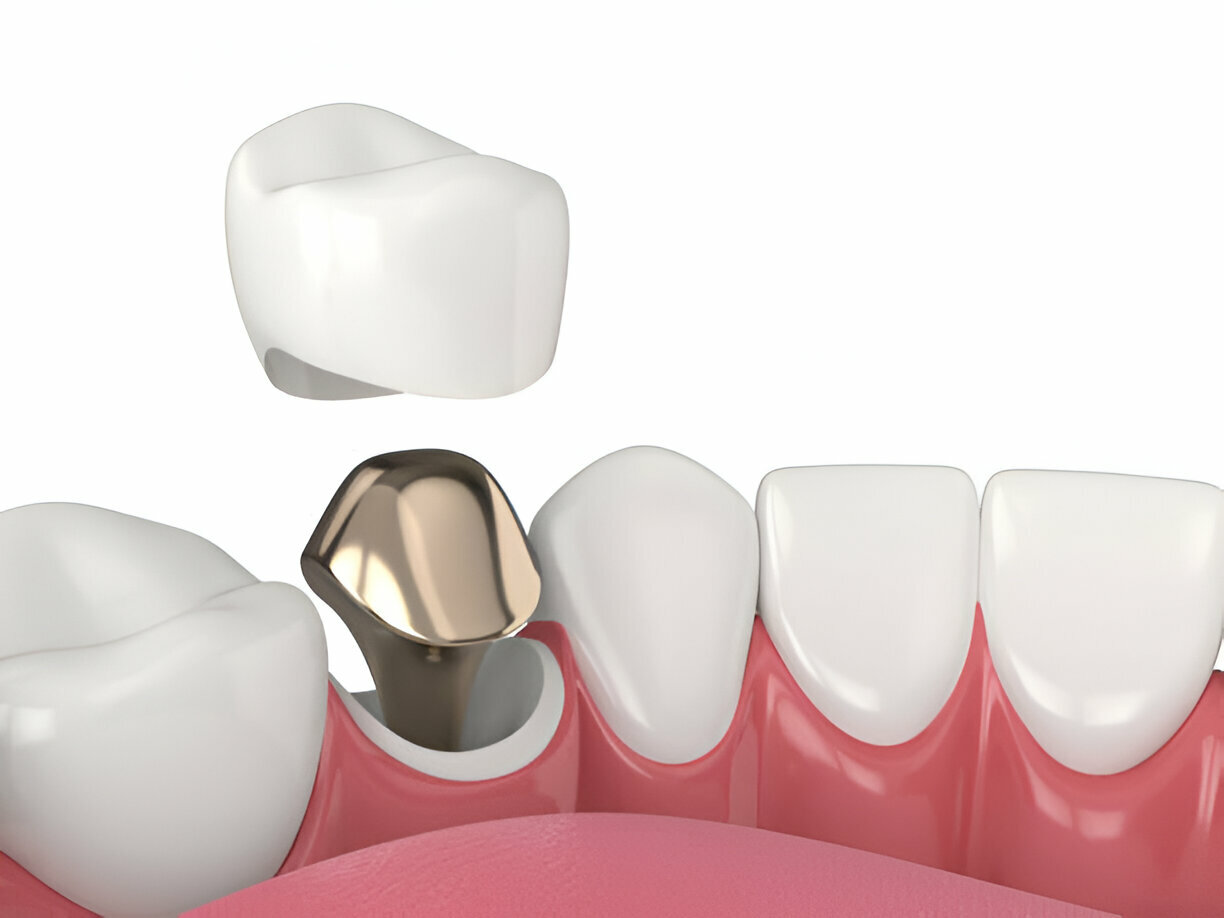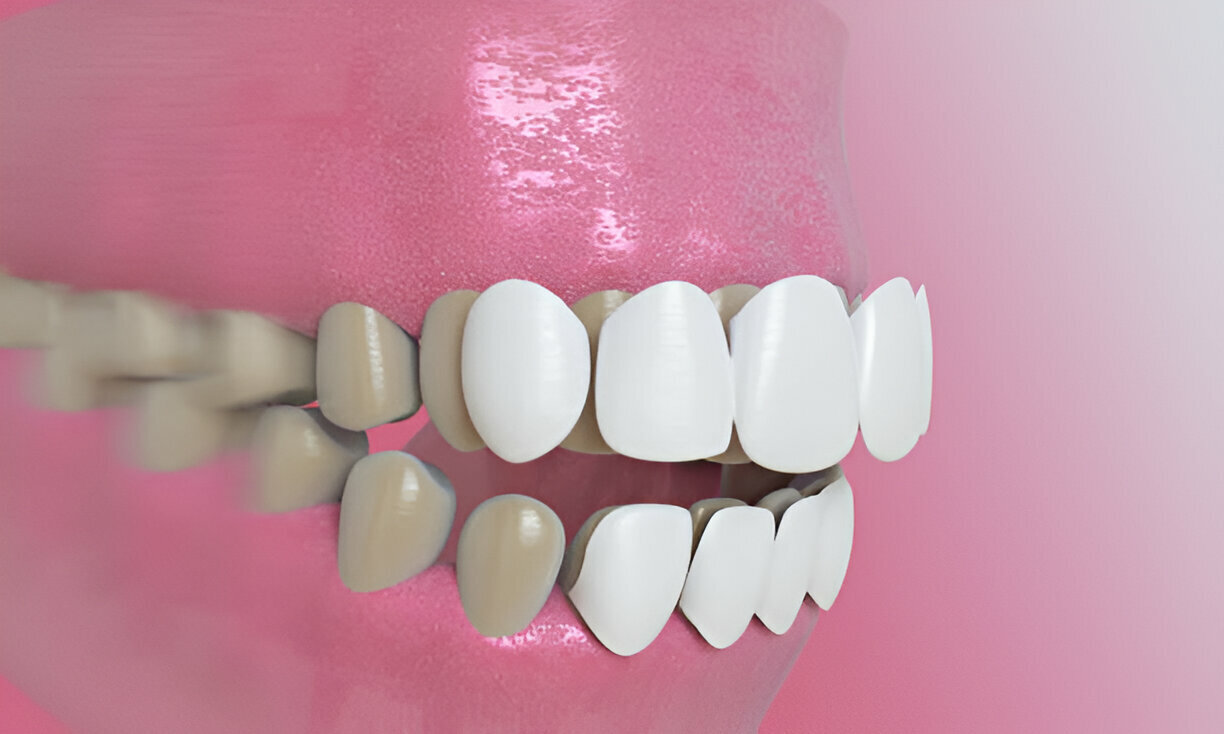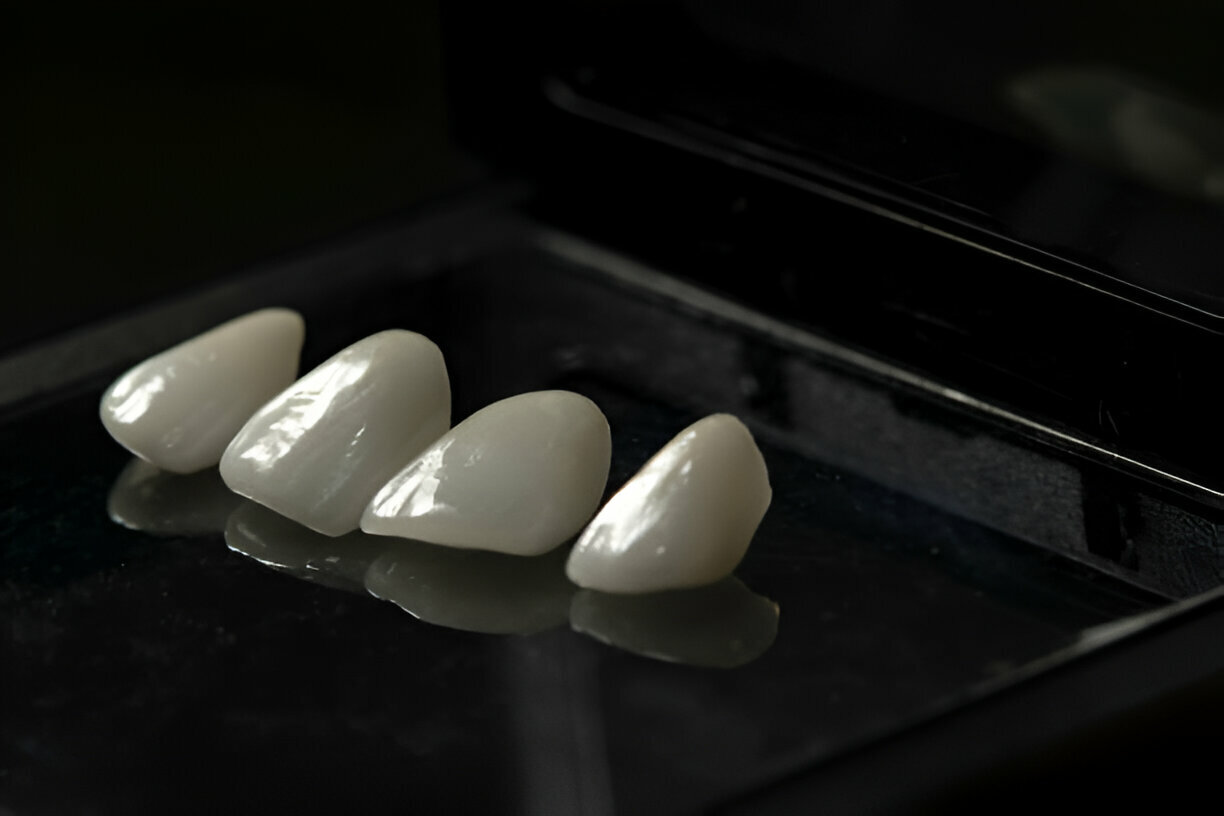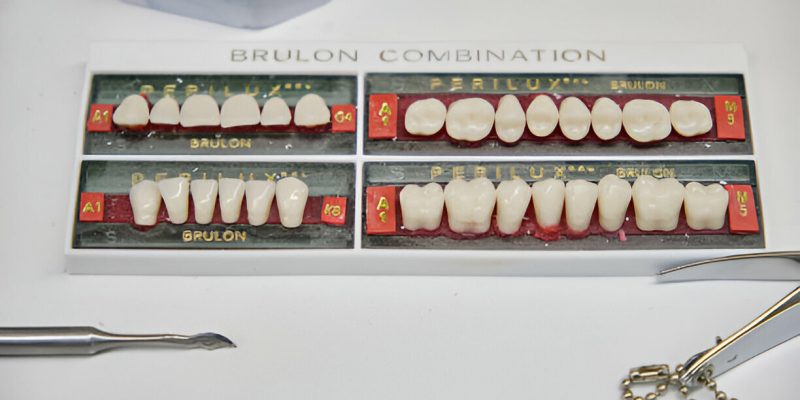Summary:
Porcelain veneers are a popular option among individuals opting for cosmetic dentistry.
Nearly 59.51% of individuals in America turn to porcelain veneers to enhance the appearance of their smile. This is mostly due to the prosthetics’ ability to cover stains, chips, and misalignment.
Interestingly, however, you need to care for your veneers like natural teeth. When not maintained adequately, these thin shells will lose their luster and aesthetics, giving you an unpleasant smile.

Keeping the same in mind, we’ve developed practical tips and tricks to ensure the appliance’s longevity. Continue reading as we learn more about maintaining the appliance with topics like:
- Understanding the Lifespan of Dental Veneers
- Practical Tips for Maintaining Your Porcelain Veneers
- Monitoring and Addressing Potential Issues Early
- How Long Do Veneers Last?
Let’s understand the appliance in detail as we learn more about these topics in the following sections.
Understanding the Lifespan of Dental Veneers
Dental veneers are thin, custom-made porcelain or composite resin shells attached to teeth’s front surfaces. Dentist for veneers in Jacksonville, TX, generally suggest these prosthetics to individuals who want to improve teeth appearance. It addresses concerns such as discoloration, unevenness, and slight misalignment.
Thanks to their robust build, veneers can last for a decade or more (when cared for appropriately). This makes them an excellent long-term choice for smile improvement.
Interestingly, however, several factors influence the appliance’s longevity. We will learn more about them in the following section.
Factors Influencing The Longevity of Veneers
- Oral Hygiene: Proper oral hygiene is critical for the longevity of dental veneers. Veneers dentists suggest that brushing twice daily with a non-abrasive toothpaste and regular flossing can help prevent plaque formation and lower the risk of deterioration surrounding veneers.
- Avoiding Excessive Force: While veneers are resilient, extreme force can still damage them. Biting on complex objects, using teeth as tools, and clenching and grinding (bruxism) are all bad behaviors that can damage or chip veneers over time.
- Dietary Habits: Certain dietary habits might affect the lifespan of dental veneers. Reduce your consumption of foods and beverages that discolor or erode dental enamel, such as coffee, tea, red wine, and acidic meals. Using a straw to sip acidic or pigmented liquids can help limit contact with the veneers.
- Regular Dental Checkups: Routine dental appointments are necessary to monitor the health and condition of dental veneers. Your dentist can detect any problems early on and provide the required care to extend the life of your veneers.
Practical Tips for Maintaining Your Porcelain Veneers
Regular Oral Hygiene is Key
Maintaining excellent oral hygiene is the primary factor determining the durability of dental veneers. Like natural teeth, veneers are susceptible to the buildup of plaque and tartar, which can cause gum disease and discoloration.
To ensure that your veneers last a lifetime:
- Use a nonabrasive toothpaste and a soft-bristled toothbrush to clean your teeth at least twice daily.
- Floss the space between your teeth and the region surrounding your veneers daily to remove plaque and food particles.
- After eating, rinse your mouth with an alcohol-free mouthwash to eradicate bacteria and freshen your breath.
We also suggest contacting your Cherokee Family Dental expert if you experience any inconvenience.
Choose the Right Dental Products
Selecting the right dental products can significantly impact the longevity of your dental veneers. Choose a toothpaste with minimal to no abrasives to prevent scratching your veneers’ porcelain surface. Your cosmetic dentist can suggest the best oral care products for veneer maintenance.
Avoid Stain-Causing Foods and Beverages
Your veneers may change color over time due to eating and drinking certain things known to stain teeth. Limit your consumption of tea, coffee, red wine, and dark fruit to keep your veneers white. If you must indulge, do so with caution and thoroughly wash your mouth afterward.
Wear a Mouthguard
Consider wearing a mouthguard if you grind your teeth at night or participate in contact sports. These activities may harm dental veneers, so you must protect your teeth. Your dentist can create a customized mouthguard to prevent your veneers from chipping or breaking.
Regular Dental Check-Ups
You must see the dentist regularly to check your dental veneers and general oral health. Your dentist can identify issues early on and provide the required maintenance. During these sessions, your veneers may be expertly cleaned and polished to keep them spotless and tidy.
Avoid Chewing on Hard Objects
Anything too hard to bite or chew on, such as fingernails, ice, or pencils, should not be done. Subjecting your veneers to such extreme pressure can cause damage or dislodging. If you want to maintain your dental veneers, stick to soft foods.

Be Mindful of Teeth Grinding
Bruxism, sometimes called teeth grinding, can impact veneers and natural teeth. If you grind your teeth at night, ask your Jacksonville, TX, dentist about a personalized sleep guard to safeguard your veneers.
Monitoring and Addressing Potential Issues Early
Regularly inspecting dental veneers near you is critical for early diagnosis of damage or degeneration of your appliance. Be on the watch for the following signs that may require treatment from your dentist:
- Chips, cracks, or fractures in veneers can jeopardize their structural integrity and beauty.
- Changes in the color or texture of the veneers suggest discoloration or deterioration.
- Gum recession or inflammation around the veneers might suggest an underlying problem with the veneers or neighboring teeth.
If you see any of these signs or symptoms, contact your dentist as soon as possible to resolve the issue and prevent future damage to your veneers.
How Long Do Veneers Last?
The durability of dental veneers varies depending on various factors, including the type of veneers used, their maintenance, and each individual’s oral health.
Porcelain veneers can last for ten to twenty years or more with proper care. However, veneers may eventually need to be altered or repaired because they are not considered permanent treatments.
A few essential elements that can affect how long veneers last are:
- Teeth grinding
- Veneer material
- Accidents and trauma
- Oral hygiene
- Diet and lifestyle
- Professional care and maintenance
- Natural wear and tear
Individuals may have varied expectations regarding dental veneers. While some people can use their veneers for many years without issue, others may require maintenance or replacement more frequently. Consult a dentist near you for personalized guidance on maintaining your veneers over time.

Takeaway
- Porcelain veneers are a popular option among individuals opting for cosmetic dentistry.
- With proper care, porcelain veneers can last for ten to twenty years or more.
- Regularly inspecting dental veneers near you is critical for early diagnosis of damage or degeneration of your appliance.
- Get the most out of your smile with experts who understand its importance. Contact our experts at Cherokee Dental Professionals to discuss more today!

